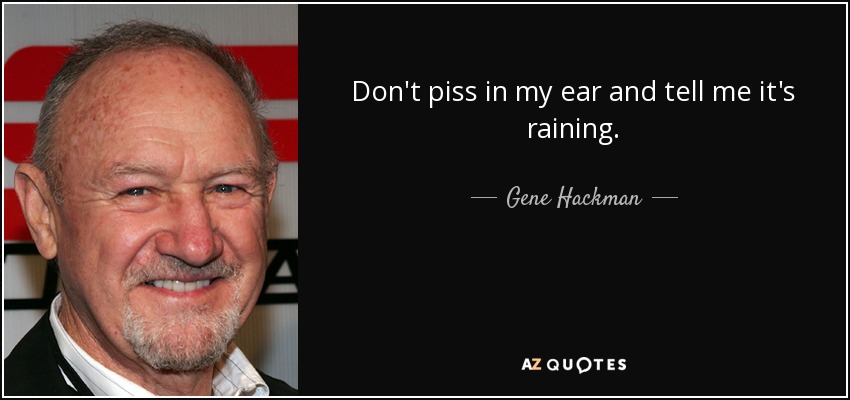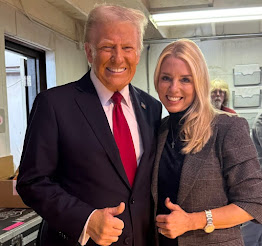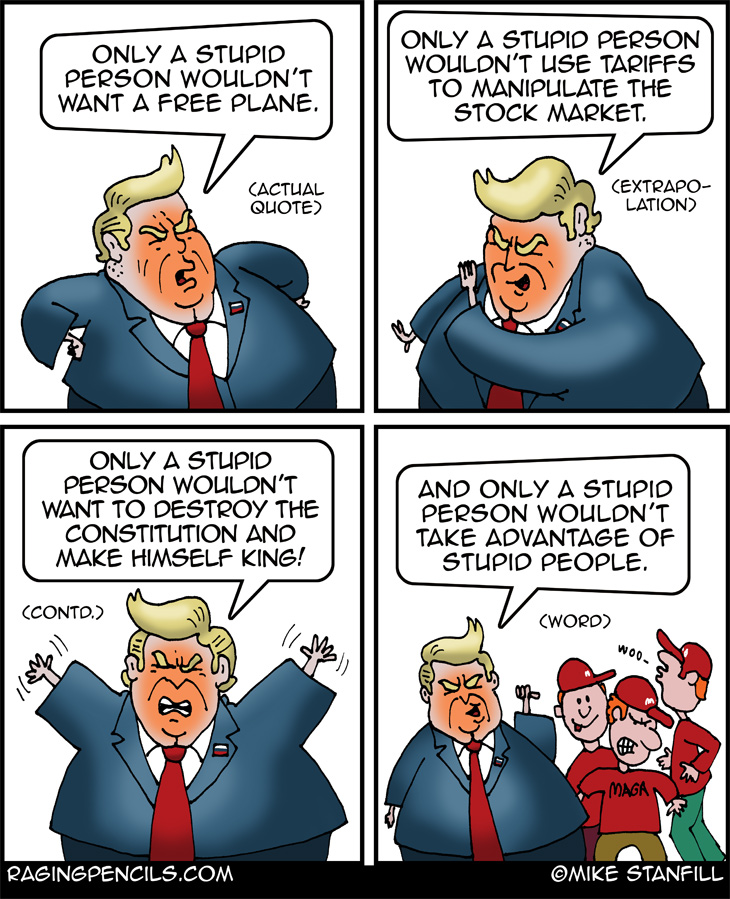A cabinet of dunces
|
 | | With rare exceptions, you must be a rich white male, totally loyal to Trump and cruel. Being corrupt, stupid or incompetent is not a problem. Credit: Mark Schiefelbein |
| | |
As the second Trump administration passed its 100 day mark,
pundits expressed awe at the “astonishing” amount the president had purportedly
accomplished.Trump and his cronies have certainly engaged in more
flagrantly illegal and wantonly destructive activities than any modern
presidential administration, and in a strikingly brief time. But as we head
toward the sixth month of Trump 2.0, it is becoming increasingly clear how
little there is to it apart from self-enrichment and nihilism.
In his second term in office, Trump is, truly, being Trump.
He’s rigorously demanding that the government be “operated” the way he
conducted business for decades — that is, solely and exclusively for short-term
gain and self-aggrandizement. The result, it is becoming clear, is a regime
that leaves chaos in its wake instead of creating anything approaching the
foundation for a legacy.
Thus, far from setting out to institutionalize a sustainable
right-wing revolution — like Ronald Reagan did, with some pernicious success —
Trumpers are engaged in a project directed at sabotaging as much of the
nation’s government and destroying as much of its economic and political
power, as possible.
While the consequences of this nihilistic assault are likely
to be catastrophic, the hopeful possibility is they could also be remarkably
short-lived.
The incompetence is the point
 |
Noem, earning her nickname "ICE Barbie."
Best known for bragging about shooting her puppy |
To meet his nihilistic standards, Trump has systematically
stocked the government with cronies that he demands perform incompetently.
For instance, during Senate testimony this week, Trump
Homeland Security Secretary Kristi Noem declared that the habeas corpus clause,
a bedrock constitutional guarantee against illegal detention, protects the
“constitutional right that the president has to be able to remove people from
this country." (Watch below.)
In this and other contexts, Noem — who purportedly manages
the agency responsible for carrying out Trump’s lynchpin immigration policies —
has established that she’s not simply a bad faith actor, but also a genuinely
and willfully stupid person.
She’s not alone. Profound inability and/or unwillingness to
perform competently are job requirements for service as a senior member of the
Trump regime.
Democratic senators who voted to confirm the few Trump
cabinet nominees who had minimal qualifications for their jobs — such as
Secretary of State Marco Rubio and Treasury Secretary Scott Bessent — have
appeared shocked to see these Trump officials strenuously endeavoring to be
just as incompetent, and morally obtuse, as Noem. But they should not have been
surprised.
In an administration in which the sole consistent goals are
valorizing Trump and making him as rich as possible, any official who
demonstrates an ability to effectively administer and carry out the business of
the US government is viewed with profound suspicion. On the other hand, those
who are willing to learn incompetence and moral obtuseness are promoted.
Trump is now, absurdly, speaking of Rubio as his potential successor to the
presidency. This comes after the longtime Russia hawk and promoter of American
international leadership has become the willing instrument of Trump’s campaign
to undermine it and turn our nation’s longstanding allies into enemies,
aligning the United States with pariah nations like Russia and undemocratic
ones like El Salvador. Rubio is also serving as the figurehead of Trump’s
shambolic gutting of American soft power infrastructure that has left vast
numbers of children around the world at risk of starving as food rots in
warehouses, and HIV sufferers to die in desperation for lack of lifesaving
medication.
Trump has similarly rewarded Bessent — who business leaders
claimed was well positioned to serve as a steward of the American economy
because of his experience working for George Soros — for choosing to become a
pathetic stooge whose primary function is to make nonsensical claims in support
of his boss’s full bore assaults on the US economy.
Most recently, Bessent was heard parroting Dear Leader by
contending that the panic in the bond markets induced by Trump’s irrational and
constantly shifting tariffs — and the resulting increases in interest rates —
should be of no concern to consumers because oil prices are falling. Left out
of that “analysis” is the reality that oil prices have declined rapidly in
anticipation of a potential recession.
Nobody, including the credit rating agency Moody’s — which
just downgraded the US government’s longstanding AAA credit rating — takes
anything Bessent says seriously anymore. But his deep and abiding commitment to
being willfully stupid on Trump’s behalf has resulted in the president
affording him increasing “responsibility” for what passes as MAGA economic
“policy.”
Nihilism as a job requirement
Most of the cronies Trump has placed “in charge” of other
critical agencies of the US government did not have to learn to be stupid like
Rubio and Bessent. Instead, they were chosen precisely because had established
track records of being lazy, ignorant, incurious, and morally obtuse, thus
giving Trump confidence they would not bat an eye as the institutions they are
charged with administering are destroyed. The examples are becoming chillingly
familiar.
Robert F. Kennedy Jr. was selected to “head” the
Department of Health and Human Services — a sprawling agency responsible for
everything from Medicare and Medicaid to pharmaceutical regulation and food
assistance — precisely because he’s a conspiratorial wacko who’s perfectly
willing to preside over the dismantlement of much of the federal healthcare
infrastructure so long as he’s given free rein to pursue his paranoid assaults
on vaccinations, fluoride, and lifesaving medical treatments.
This week, Kennedy angrily declared to a Senate subcommittee
that he denied daycare funding to the children of working parents (even as he
and Trump threaten to deny Medicaid to people who don’t work) because Sen.
Patty Murray is somehow responsible for Americans suffering from an “epidemic
of chronic disease,” a contention so bizarre and defamatory that it led the
presiding Republican senator to intervene and bring an end to Kennedy’s rant.
Pam Bondi was selected be the nation’s attorney general
because she’s happy to devote her term to serving as a near daily guest on Fox
News, where she proudly describes the efforts of Trump cronies to break nearly
every core function of the Department of Justice, including its policing of
financial crimes, government corruption, flouting of environmental laws, and
violations of civil and voting rights.
Meanwhile, Linda McMahon, a pro wrestling mogul who has no
apparent knowledge or interest in the activities of the Department of Education
she was chosen to “administer,” is content to serve as figurehead of the
illegal Trump scheme to dismantle that department without congressional
approval. In the process, she’s happily presiding over a rapidly growing
cascade of chaos as uncertainty grows over the administration of the federal
government’s massive student loan program. Often entirely unexplained delays and
cancellations of grants to educational institutions are already contributing to
the collapse of colleges and universities, and causing hardships in many
already underfunded local school districts.
For her part, Noem — whose mélange of utter laziness and
amorality makes her the ideal type of a Trump crony — is doing her best to
exacerbate actual disasters. Apparently anticipating that it would please
Trump, she declared that she will — once again, entirely illegally — dismantle
the Federal Emergency Management Agency, which is primarily responsible for
coordinating and assisting in relief efforts by other federal agencies, without
establishing any replacement for it.
As Rep. Jared Moskowitz, who led Florida’s Director of
Emergency Management in the wake of a major hurricane, has warned, Noem’s actions have already set the stage for the
potential disappearance of some rural communities, which are unlikely to have
the resources required to recover from future hurricanes.
Once again, this is not simply bad governance — it is
systematic stupidity. And Trump, who has praised Noem’s gutting of FEMA, loves
it.




























